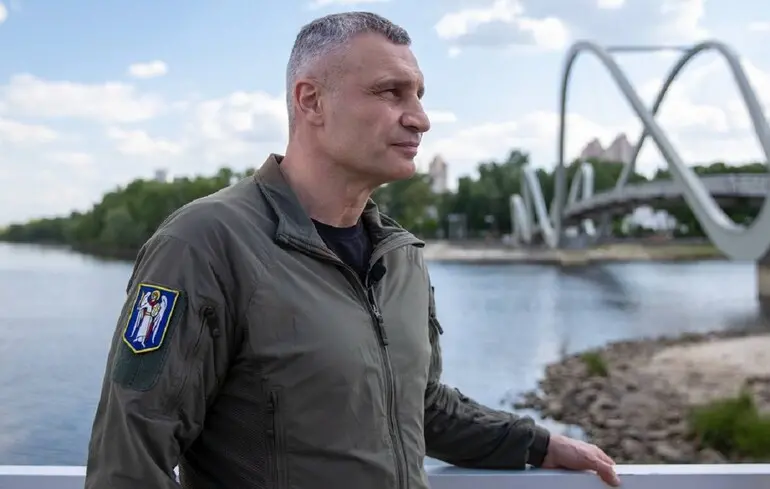Did Kyiv Mayor Klitschko Eliminate Komarnytsky’s Influence and Overcome the Crisis in the ‘Clean City’ Operation?

Six months have passed since the extensive ‘Clean City’ operation, initiated by anti-corruption agencies to purge Kyiv’s governing structures of pro-Russian elites and influential figures, particularly those linked to Denis Komarnytsky.
However, has this declared effort truly achieved its goals? Has there been a fundamental breakthrough in combating corruption and oligarchic networks within the capital? Analyzing the situation reveals that the operation remains only partially accomplished, with key players still maintaining control and gaining ground despite scandals and reports of ongoing corruption.Sources and investigations indicate that the management of Kyiv City Hall’s departments continues to be under the influence of individuals closely connected to former powerful figures like Komarnytsky.
Official changes appear mainly superficial: deputy leaders remain in positions, while department heads continue to operate in line with old schemes.
Notably, issues surrounding land resources, “toilet schemes,” and other corruption channels are still overseen by Valentyna Pelykh, who, despite suspicions, remains in her post.Moreover, reports expose that municipal enterprises, including ‘Spetszhitlofond’ and ‘Zhitlo-Invest’, keep spending millions on luxury housing acquisitions without tenders, raising suspicions of corrupt dealings and lack of transparency.The influence of political actors, especially influential figures like Povoroznyk and Palatny, has intensified even after Kyiv City Council’s formal decisions to remove them.
This complicates efforts towards reform and city management purification.The role of the UDAR party leader, reportedly operating behind the scenes and controlling key city communications and decisions, also merits attention.A third critical issue is the blockade of the Kyiv City Council, which has halted decision-making processes and deprived the city authorities of political action, fostering uncertainty and territorial disarray.
Internal conflicts and mistrust among various branches of power further deepen this crisis.Overall, this situation indicates that the fight against corruption in Kyiv faces substantial internal barriers.
Urban elites and oligarchs continue to resist reforms using corrupt schemes and administrative pressure, while human rights advocates and anti-corruption bodies urge stronger oversight and decisive action.This suggests that the battle for clean governance in Kyiv is far from over.
Its success hinges on the new leadership’s ability to overcome internal political obstacles and implement systemic reforms in city management.

